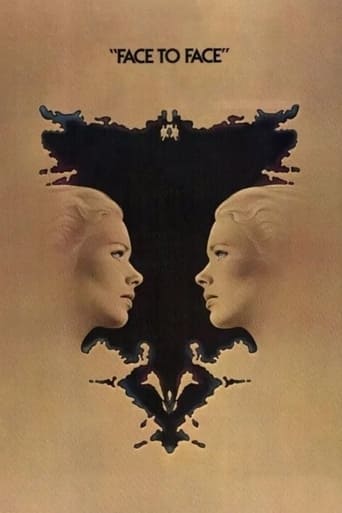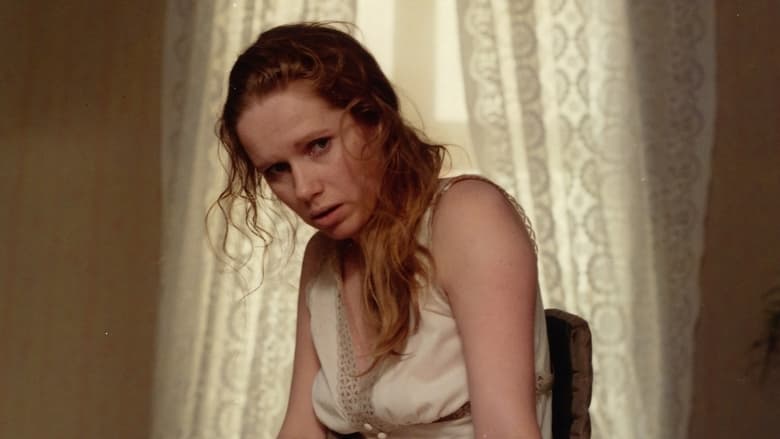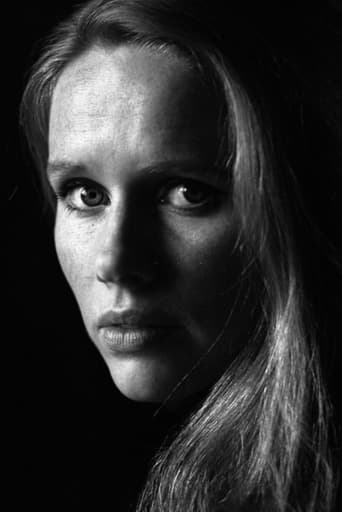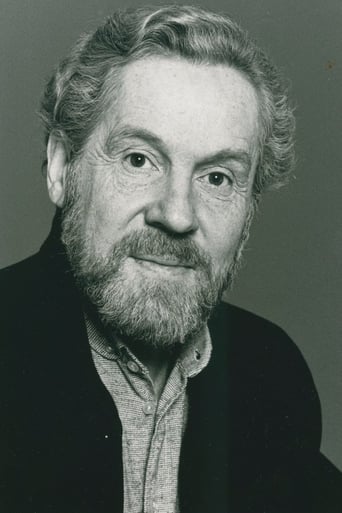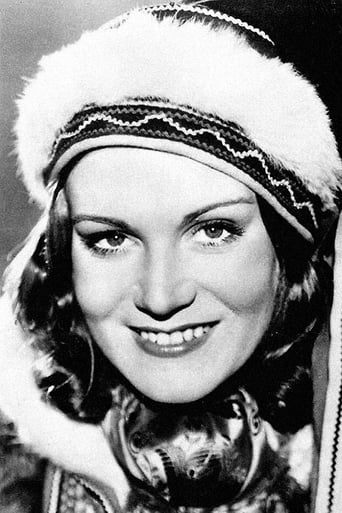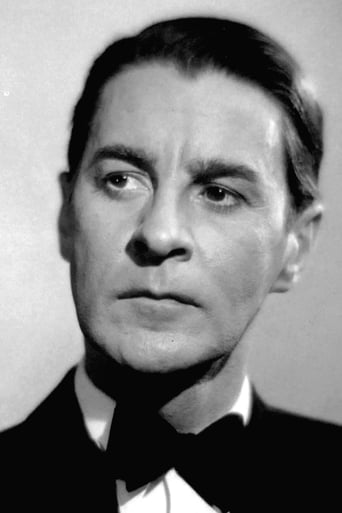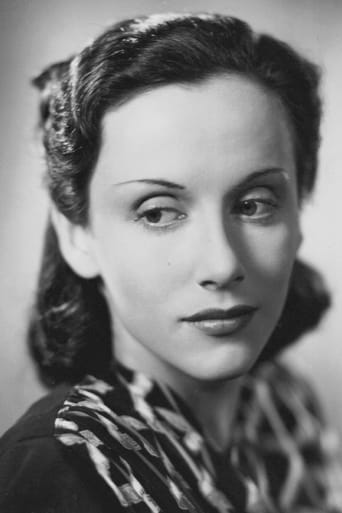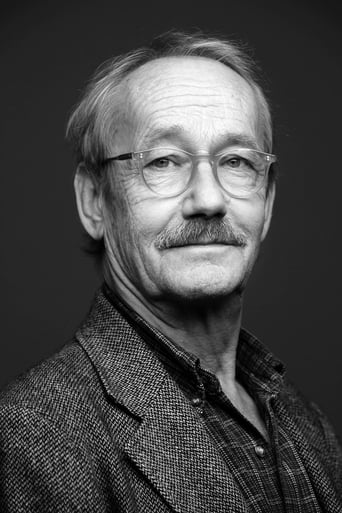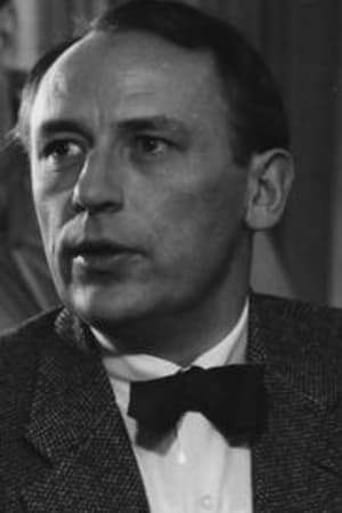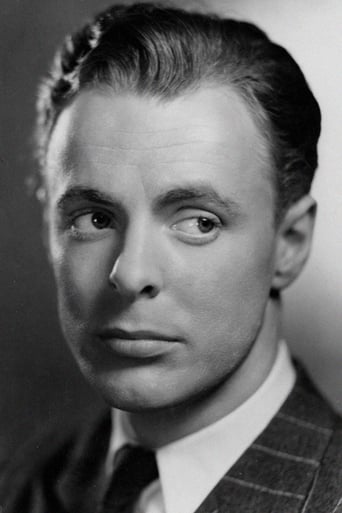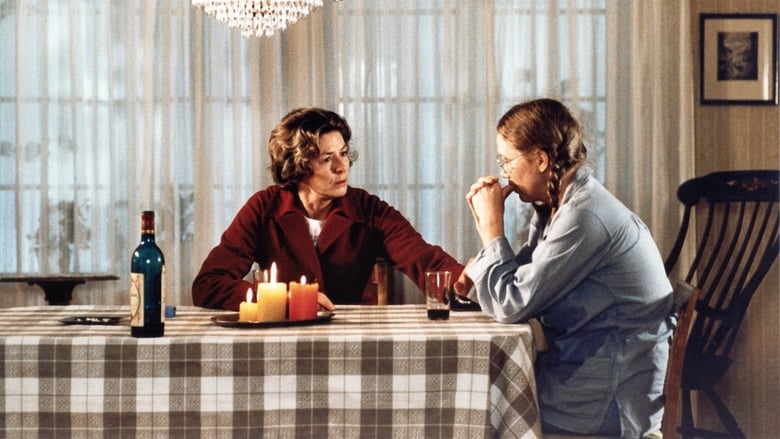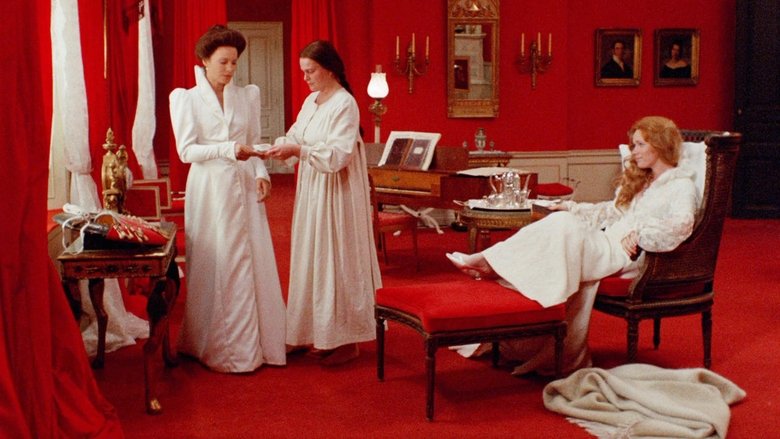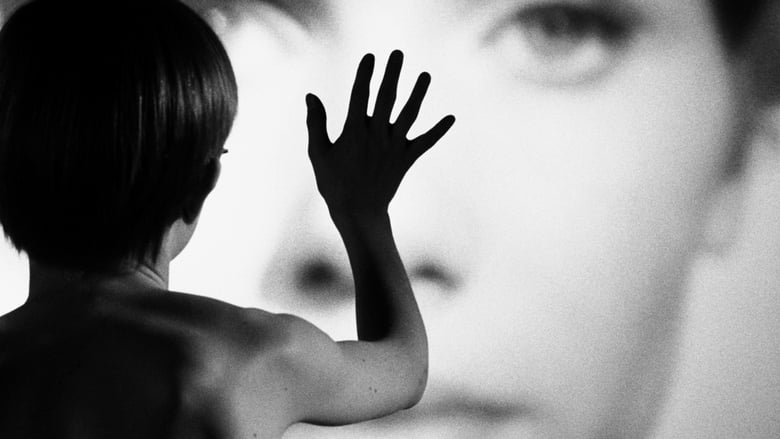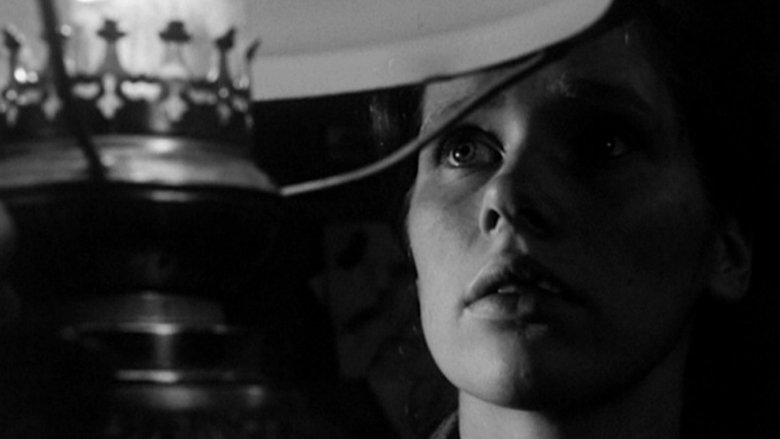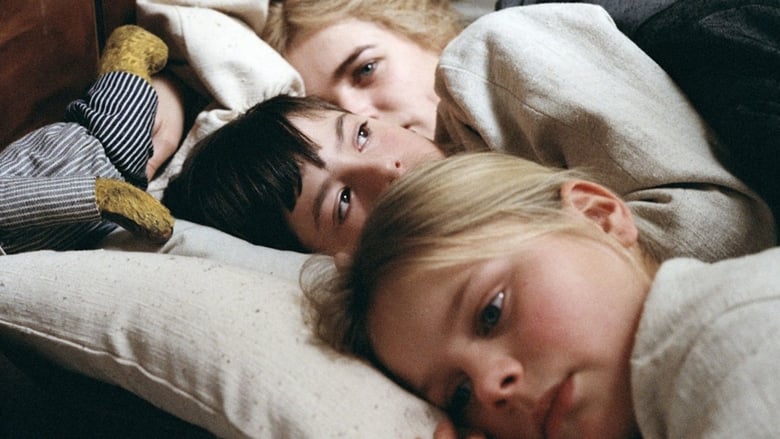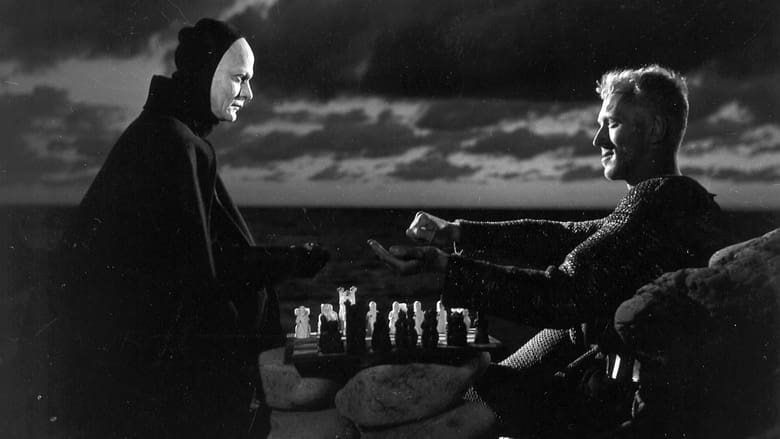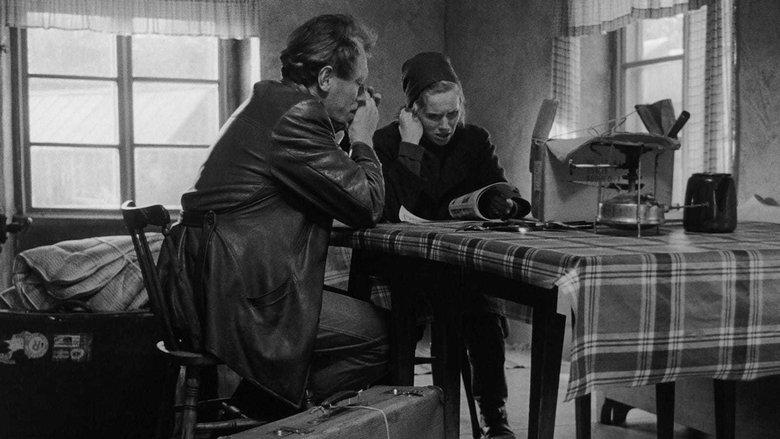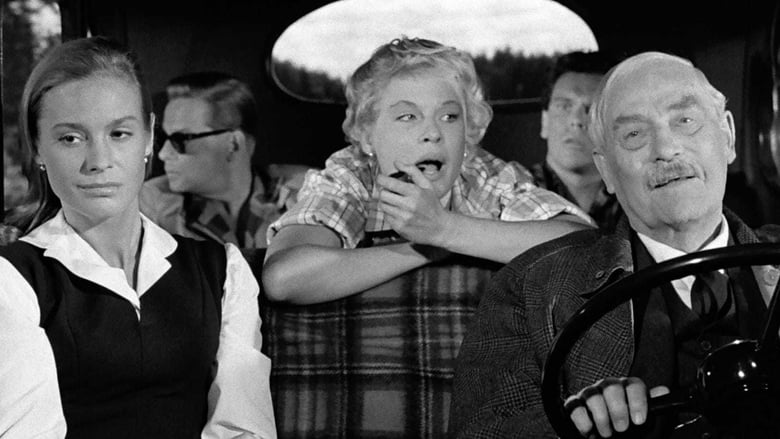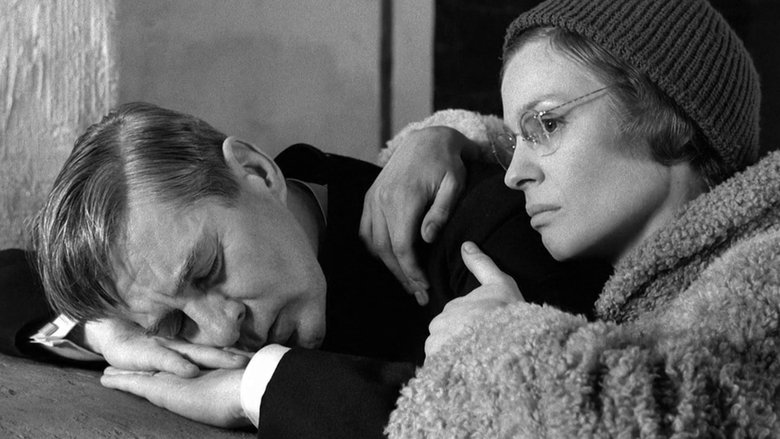Dr. Jenny Isaksson is a psychiatrist whose temporary position at a mental hospital offers only modest responsibilities. With her husband out of the country for a seminar and her daughter at camp, Jenny moves in with her grandparents, expecting a relaxing few months. But it isn't long before unpleasant memories of her childhood, the sudden appearance of strange apparitions, and a near-rape push this otherwise stable woman to the very edge of sanity.


Similar titles
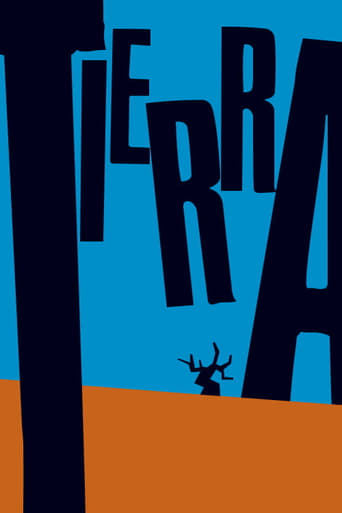
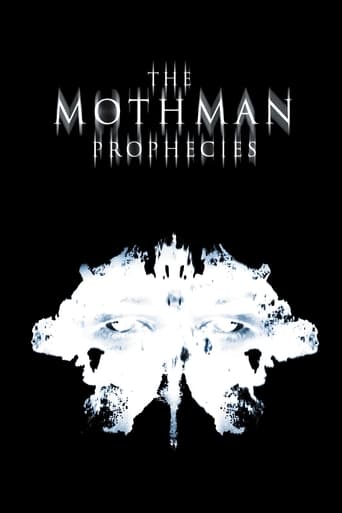

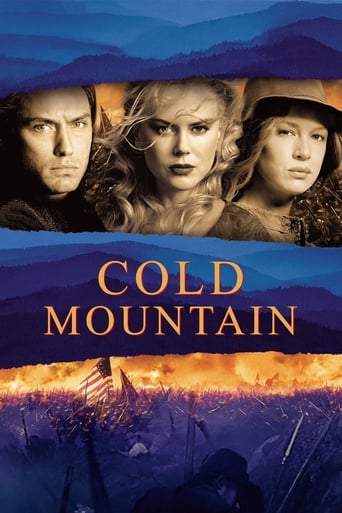
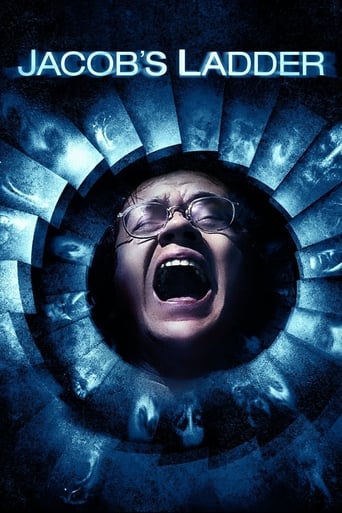
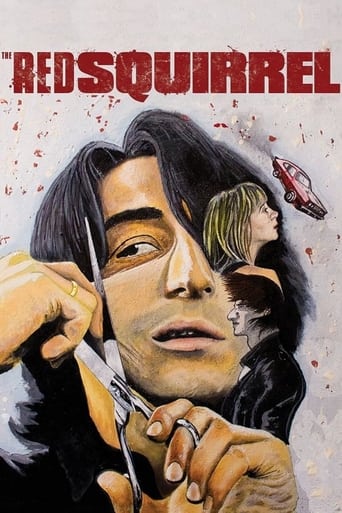

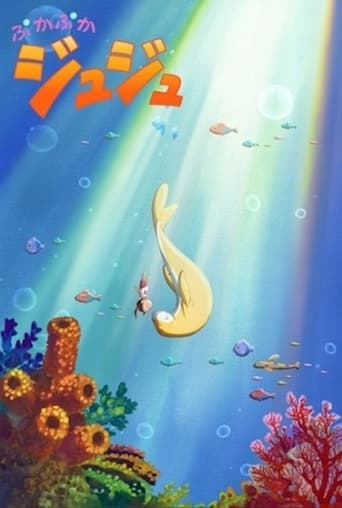
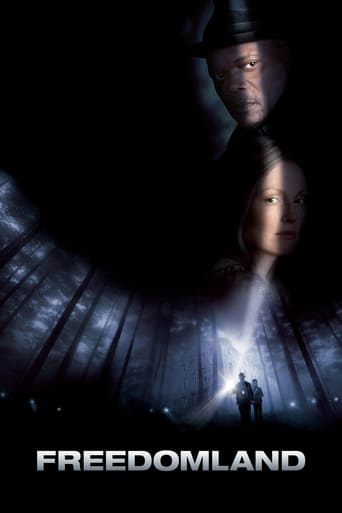
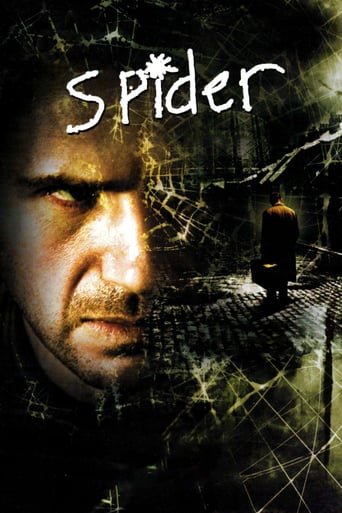
Reviews
Shot in 1975, originally for Swedish television, Ingmar Bergman's film ANSIKTE MOT ANSIKTE (Face to Face) explores the idea of a psychiatrist herself struggling with mental illness.As the film opens, Dr. Jenny Isaksson (Liv Ullmann) is standing in an empty house, her family having removed everything in preparation for a move into a new house later that year. In the meantime, her husband is working in America for a few months and her daughter is at a summer camp. Waiting for the family to be reunited and move into the new house, Jenny temporarily settles in with her grandmother (Aino Taube) and grandfather (Gunnar Björnstrand), the latter of whom is poignantly suffering from dementia. Jenny is initially happy to dedicate herself to a new position at the clinic, but soon she finds the wall between reality and delusion breaking down, and the film chronicles her deterioration.I personally don't consider ANSIKTE MOT ANSIKTE "major Bergman". Firstly, the cut theatrical version feels sputtering and unfocused and consequently its 2-hour length can seem interminable. Sadly, the original television version has never been released, so neither can audiences have that. Secondly, Bergman had made a few films before that dealt with madness or the dark regions of the psyche, and especially in the second half of ANSIKTE MOT ANSIKTE the director resorts to what had already become some clichés for him.Still, even second-rate Bergman is worth at least one viewing. In spite of often retreading past ground in showing us what's in Jenny's head, Bergman does at times give us a fresh angle on the theme of mental illness, attempting to convey how much loneliness and shame it involves. Jenny is wracked with emotion but unable to communicate it to those around her, and she feels utterly alone as even those close to her fail to understand her plight. The acting is also superb, with Liv Ullman able to portray a whole spectrum of mental states. Erland Josephson appears in a supporting role, one of the threatening, Mephistophelian characters he did so well.There is, incidentally, one aspect of this film that makes it a real curiosity in Bergman's body of work. Over the preceding couple of decades, Bergman had shot films that were either period films (medieval or early 20th century) or were fairly contained dramas about small, mainly upper-class circles, with little representation of broader society and changing mores. Here, however, the outside world suddenly and rather crudely intrudes on a Bergman film: early on, Jenny attends a party thrown by a campy, somewhat Cathy Berberian-like, elderly woman (Sif Ruud) who dotes on a pair of gay men that she has quasi-adopted. The two men are homosexual stereotypes, sashaying, tight jeans and all, and the party involves some sexually libertine folk dancing to Abba-like pop music of the time. One gets the impression that Bergman was feeling challenged by younger filmmakers like Vilgot Sjöman, but this sudden reflection of 1970s Sweden quickly disappears and the film returns to more traditional Bergman territory.
Swedish screenwriter, playwright, producer and director Ingmar Bergman's 37th feature film which he wrote, premiered in USA and was screened Out of competition at the 29th Cannes International Film Festival in 1976. It was shot on locations in Stockholm, Sweden and is a Swedish production which was produced by Swedish production manager and film producer Lars-Owe Carlberg (1923-1988). It tells the story about Jenny Isaksson, a psychiatrist who moves in with her grandparents in the locality of Bollnäs, Sweden after getting a temporary job as a psychiatrist at a psychiatric clinic. While her husband Erik is at a conference in Chicago and her 14-year-old daughter Anna on a horse camp, Jenny goes to a party held by her colleague Hermuth Wankel's wife Elisabeth. There she meets a doctor named Tomas Jacobi who turns out to be her patient Maria's half-brother. Jenny and Tomas starts seeing one another and becomes friends, but all of the sudden Jenny begins to have nightmares that lead her into a trauma.Distinctly and acutely directed by Swedish filmmaker Ingmar Bergman, this finely paced fictional tale which is narrated from the main character's point of view, draws a pervasive and involving portrayal of a woman's relationship with a doctor and her struggle with coming to terms with her childhood and maintaining her sanity while being tormented by unsettling dreams. While notable for it's colorful and interior milieu depictions, stellar production design by Swedish production designer Anne Terselius-Hagegård and film producer Peter Kropénin, cinematography by cinematographer Sven Nykvist, editing by Swedish film editor Siv Lundgren, use of sound, use of colors and the music by Estonian-born Swedish concert pianist Käbi Laretei, this character-driven, narrative-driven, existentialistic and at times severe story about an emotionally scarred mother and wife who goes face to face with herself, depicts a multifaceted study of character.This at times atmospheric, somewhat surreal and in-depth psychological chamber drama from the latter part of Ingmar Bergman's career, is impelled and reinforced by it's cogent narrative structure, interrelating stories, substantial character development, the versatile and dedicated acting performance by Norwegian actress Liv Ullmann who gained her second Academy Award nomination for this role, the subtle acting performance by Swedish writer and actor Erland Josephson (1923-2012) and the fine supporting acting performances by Swedish actress Sif Ruud (1916-2011) and Swedish actress Aino Taube (1912-1990). A scrutinizing and afflicting modernist character piece which gained, among other awards, the NYFCC Award for Best Actress Liv Ullmann at the 42nd New York Film Critics Circle Awards in 1977, the NBR Award for Best Actress Liv Ullmann and Best Foreign Film at the 49th National Board of Review Awards in 1977 and the Golden Globe Award for Best Foreign Language Film at the 34th Golden Globe Awards in 1976.
There are lots of truly great filmmakers in cinema history. Great films have been made everywhere in the world in the last 115 years. But true masters who fundamentally influenced and changed cinema are but a few, relatively speaking. Of course it first started with the 'fathers'. The people who participated in the birth of cinema, and help build cinema from the foundation up in early 1900, like D.W. Griffith in the United States, Giovanni Pastrone in Italy. And then in the 1920s filmmakers like Sergei Eisenstein in Russia, F.W. Murnau and Fritz Lang in Germany, Alfred Hitchcock in England, Cecil B. DeMille and King Vidor in the United States. Then in the 30s cinema had surpassed it's 'birth' stage, and was starting to evolve; grow. The format, the language and technique of a film were set and familiar. We knew what 'a movie' was, so now let's make them better and better. The final essential evolution was sound. From this point on the form was ripe. That's when the true masters of cinema slowly started to appear.Hitchcock is one of the most unique ones of the true masters, since he also was one of the fathers of cinema. He started in the mid 20s all the way up to 1976..! There are few to none other masters that can claim to have a number of classics in every decade from the 20s up to the 70s. But there are more, and even more interesting masters in cinema. People like Orson Welles, Akira Kurosawa, Federico Fellini, Stanley Kubrick, Ingmar Bergman and Jean-Luc Godard seem to be regarded as the greatest masters in general. Next to Kubrick, my favorite in this group is Ingmar Bergman.The cinema of Ingmar Bergman consists of films about people... struggling. Bergman is famous - and infamous - for his so called 'depressive movies'. But, for me it's so obvious and essential that they're not depressive at all. They depict the darkest and bleakest themes and subjects, but Bergman films are often very hopeful in the end. Lots of characters in his films are depressed; or struggling with anxiety and fear, sure. But depression is never his main goal. Bergman depicts, disassembles, analyzes and explores the human psyche. The soul. Meaning. And always in/near the context of the greatest existential concepts and ideas. The meaning of life might be rooted in emptiness in his work, but it's what we as humans do with life and ourselves that creates the existence of beauty, love and spiritual connection (which is my personal vision as well). Bergman is masterful in creating the most beautiful moods ever made in cinema. His films sometimes feel like the wind; sometimes like a mirror burning with fire; sometimes like an angry clown. But he touches you, from deep within."Ansikte mot ansikte" (aka "Face to face") is a film about Jenny (played by Liv Ullman). Jenny is a psychiatrist who is confronted with one of her deeply disturbed but tragically endearing patients called Maria. A woman lost in an erotic spell of insanity and troubled thoughts. A mystery. As the film progresses Jenny slowly but surely seems to go in the same direction as the enigmatic Maria. We learn about her inner-demons and outher-troubles as she falls into the abyss of the human psyche. When she 'breaks' in the centre of the film, the film goes inwards - we experience her world of troubling thoughts and experiences in a beautifully confusing dreamlike innervision (think "Lost Highway" without the modern/pop element). In the end it all turns out to be...This was the one Bergman film I had yet to see for a long time. Brilliant and beautiful!
In 1976 Ingmar Bergman released a 200 minute four part TV series starring Liv Ullmann and Erland Josephson. The Swedish director then edited the series for a 136 minute theatrical release, which is the version of Face to Face most people have seen. The movie shows the gradual nervous breakdown of Jenny (Ullmann), a psychiatrist currently living with her grandparents while her husband, also a psychiatrist, is lecturing in Chicago.Jenny's return to her grandparents' house should be a happy event. She grew up there after the death of her parents, and her grandmother receives her with affection. But a meeting with a spectral one-eyed old woman on the staircase alerts the viewer to the fact that something is worrying Jenny's mind. Whether real or a figment of her imagination, this figure becomes a recurring presence in her life.At a party, Jenny meets Dr. Tomas Jacobi (Josephson). He's interested in her, she's hesitant but maybe her loneliness draws her to him. They have dinner and then drive to his place, only for Jenny to lash out against his intentions.Later Jenny receives a call from a patient, who went to her former house hoping to find her there. Jenny finds her curled up in a corner and two men, apparently relatives, who attempt to rape her. With apparitions walking before her eyes and no one to lend support, Jenny takes an overdose of pills and peacefully waits for death.In Face to Face reality and dreams dissolve into each other. Jenny's suicide attempt allows Bergman to create a dream space where Jenny battles traumatic memories and confronts the people who've shaped her identity over life. The dreams are one of the film's best elements. Without special effects, without exuberant imagery, firmly grounded on her day-to-day reality, Jenny's dreams are however unsettling and claustrophobic. In one of my favourite dreams, Jenny meets all her patients in a little room in her grandparents' apartment; Tomas, standing against a wall, smugly smiles and a patient peels her facial skin.The role of Jenny is so demanding and complex that only a great actress like Liv Ullmann could do it justice. Face to Face is an amazing character study and she carries it on her shoulders. We quickly lose track of all the great scenes she shines in. In one of the most intense, she tells Tomas she was raped and proceeds to break down in a cry of pain. In a later scene she pretends to be her own grandmother and re-enacts a dialogue that may be from her childhood or just a fantasy.Erland Josephson doesn't have such an ostentatious role, but the serene personality he portrays is the perfect counterpoint to Ullmann's expansive performance. Also of note is the short performance of Gunnar Björnstrand (known for playing Jöns in The Seventh Seal) as the grandfather.Although the movie deals with a mental collapse it's far less hysterical than one would imagine. Bergman knows how to make stories intimate and low key. A good decision was to get rid of the music. Then there is Sven Nykvist's work on the cinematography, suffusing the world of the movie, where the sun seldom shines, with shadows and washed-out colours. Like in Cries and Whispers and Fanny and Alexander, he complements the movie with mood and atmosphere.Face to Face is not an optimistic movie, although it's life affirming in a very stoic way. Life is hell and we have to go on seems to be its message. Life offers no resolution or compensation. Near the end, Jenny admits the suicide attempt to her daughter. In someone else's hands it would have been an emotional moment of closure for Jenny. But Bergman turns it into a final blow for Jenny to take. And from blow to blow life continues. Life must continue because, as bad as it may get, the alternative is much worse.Ingmar Bergman later in life expressed dissatisfaction with this film. For him it seemed like a parody of his own work. It's his opinion of course. But for me it's one of his most interesting movies. I've always been fond of his rare incursions into fantasy and dreams, like The Seventh Seal and The Hour of the Wolf. Although better known for his realistic portraits of the human condition, Face to Face shows that he's also an unsung master of fantasy and strangeness.
